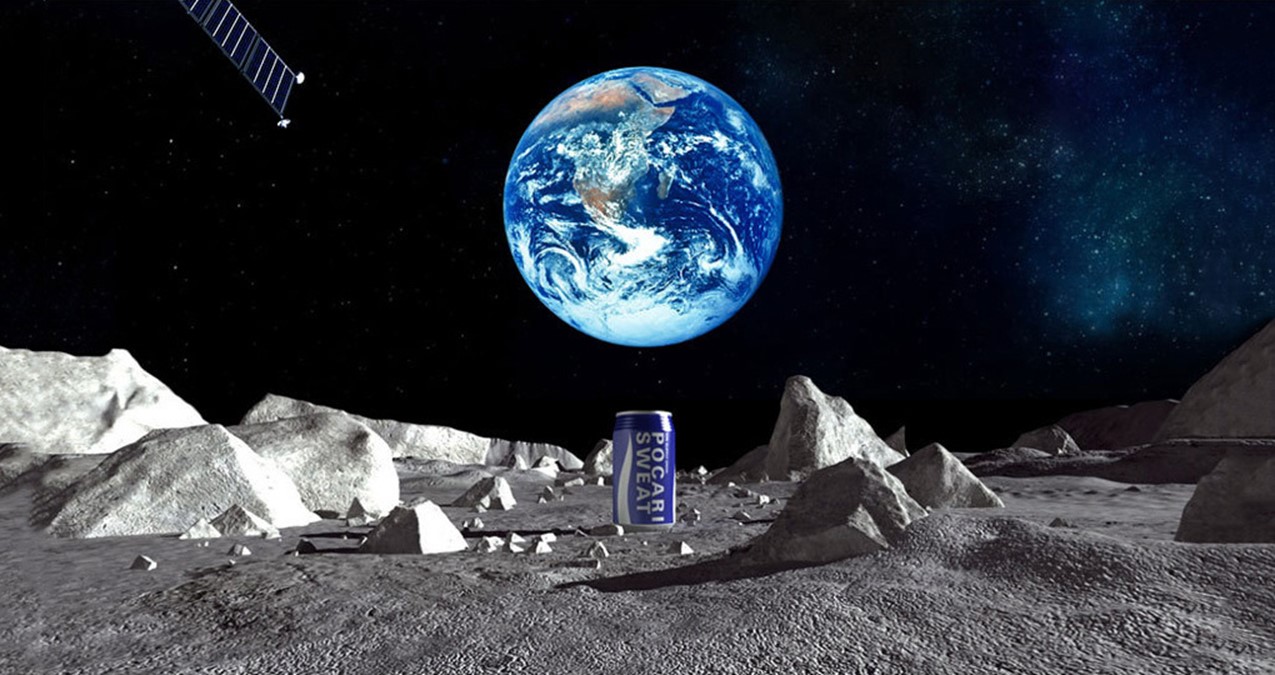The FBI’s Weed Problem
May 23, 2014 in Daily Bulletin

America’s FBI has a drug problem reports James Comey:
- The FBI is increasingly having to deal with cyber criminals. To do so the FBI is onboarding 2,000 new individuals, many of who will target cyber-crime.
- However the FBI is struggling to find recruits because it requires that candidates not have smoked marijuana three years prior to joining.
- Since many of the brightest computer students are fans of pot it’s difficult to find qualified applicants who meet the requirements.
- The FBI is considering changing its policies to allow for new joiners who “want to smoke weed on the way to the interview”.
Read more over here.
Source: The Wall Street Journal

















Join the Discussion! (No Signup Required)